Doha, Nov 25: Many motorists in Qatar have spent the morning literally wading through traffic as continuous rainfall has led to heavy flooding on the roads. And then many parents ended up returning to schools to pick up their children after widespread flooding and leakages were reported.
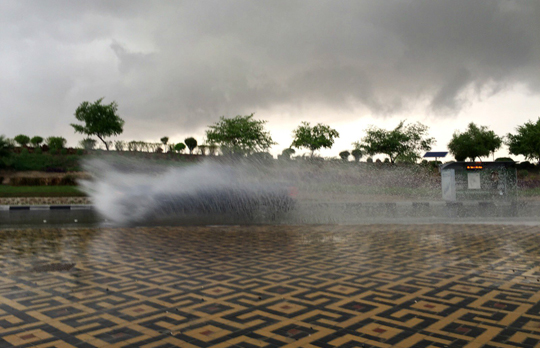
In addition to school closures, the precipitation has caused flight delays and also permeated hotel and malls.
Traffic notwithstanding, some residents have taken advantage of the unusual weather and are having some fun.
Virginia Commonwealth University in Qatar has also closed for the day, telling its community that the current forecast is calling for “significant rainfall between 1-3pm.”
Criticism about how authorities have been handling the rain is already being raised.
Speaking to Doha News, Al Sharq journalist Ahmed Al Mohannadi, said that the capital has turned into a “lake,” adding that heavy rain shouldn’t paralyze the country.
He said although Qatar has new buildings and the MET can predict weather changes beforehand, it still continues to make the same mistakes with regards to construction and its drainage systems, and not having enough equipped emergency squads to deal with the heavy rain.
He added that no one was being held accountable for this problem. “We don’t learn from our previous mistakes,” he said. He also called on SEC to suspend schools tomorrow as well, to prevent any surprises.
The rain is starting to taper off in many parts of Doha, but traffic gridlock remains, in part because parents are attempting to pick up their children up from school.
The Ministry of Interior is advising anyone who needs emergency assistance to call 999 for help.
Hyatt Plaza is closed due to flooding. A receptionist told Doha News that it may reopen later in the day.
Several nurseries will be closing early today, including Starfish Lanes.
The Supreme Education Council has closed independent schools early, in phases based on the grades of the students.
The International School of London is closing at 11am. In Education City, at least one school is also shutting due to the weather,
Compass International School, Madinat Khalifa has also closed early, citing in an email to parents “issues with flooding, electricity supply issues and there is still the concern of continual heavy rain at pick up time.”
Hamad Hospital is operating normally, but is canceling all appointments at its Bone and Joint Center “due to operational issues related to the inclement weather.
All patients affected will be contacted by our patient contact center and their appointments rescheduled at a clinically appropriate time,” HMC told Doha News in a statement.
The US Embassy in Doha has closed due to “inclement weather.
Speaking to Doha News, the manager of Dar Al Salam mall also said it would be closing temporarily this morning, as water from the road has flowed into the basement and flooded the mall.
According to residents on social media, flooding was widespread across Doha, including in Mesaieed, Al Wabb, on the Corniche, near Civil Defense roundabout and Bin Omran, as well as several parts of West Bay.
The rainfall has also caused several school closures, including Doha College – Al Waab (which was flooded) and West Bay campus, Doha English Speaking School (DESS) and the American School of Doha (ASD) “due to unsafe weather conditions.”
Flights
Flights at Hamad International Airport also appear to be delayed, but it is unclear if that is due to flooding or the lightning.
According to FlightRadar, several planes appeared to be circling HIA, unable to land. A few had delayed departures, but planes could be seen taking off by 8am this morning.
Meanwhile, residents are also reporting flooding and leaks in their homes and at hotels.
Forecast
According to the Qatar Meteorology Department (MET), the country will see heavy rain and thunderstorms today, weather that will likely continue tomorrow.
Motorists should also keep in mind that hazard lights are not to be used during rainy weather, unless the vehicle is actually stopped for an emergency.
For its part, the Ministry of Municipality and Urban Planning has been working to pump out extra water from flood roads, and reminds people to call these numbers for help.
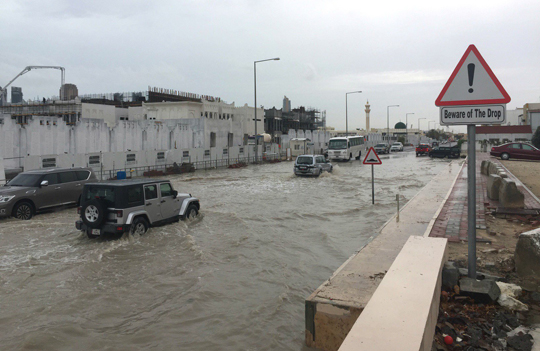
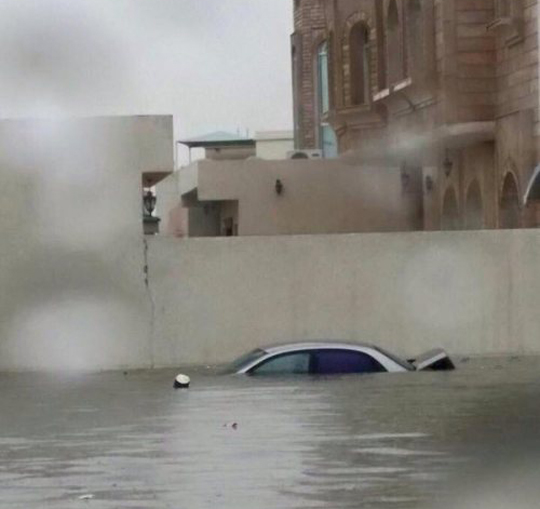
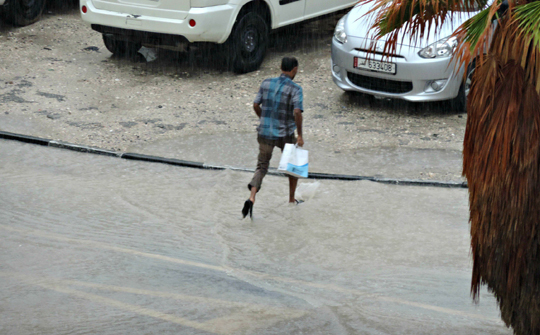
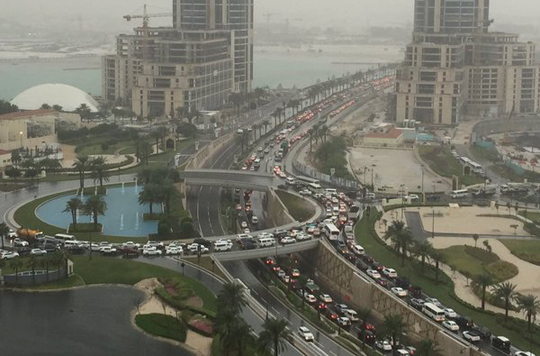
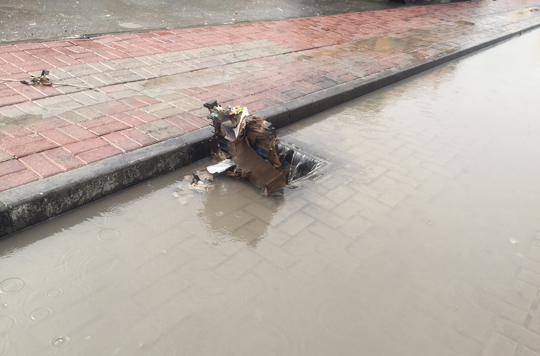
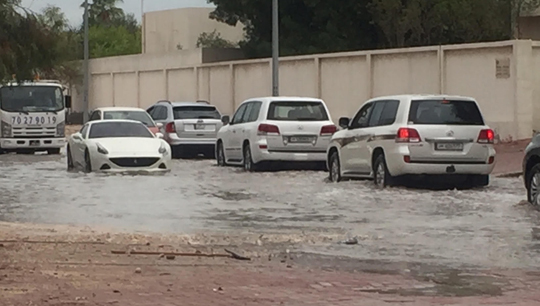
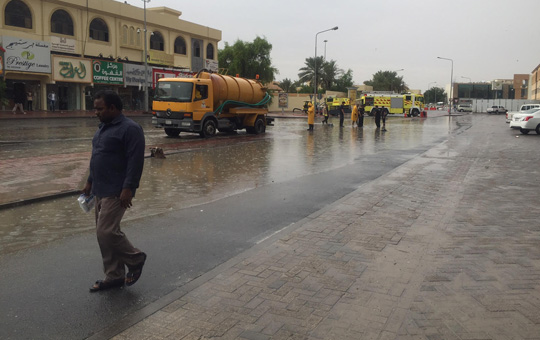
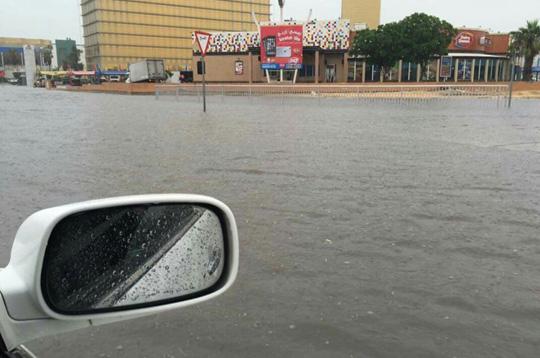






Comments
Well I searched for the article title and discovered
this, great read
Visit my homepage Jamison: http://Evelyn1969150.Livejournal.com/872.html
Add new comment